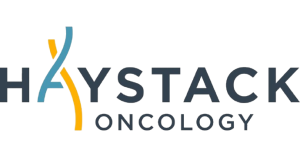
Haystack Oncology was founded on intellectual property licensed from JHU. The company focuses on highly sensitive liquid biopsies to detect minimal residual disease in cancer patients. Haystack raised $66 million in venture funding before being acquired by Quest Diagnostics for $300 million in 2023. The technologies licensed by Haystack were supported by funding from the NIH and the Department of Health and Human Services.

Infinity Bio also grew out of fundamental scientific research conducted at JHU that was supported and funded by the NIH. The company develops innovative solutions for cell and gene therapy workflows. It has raised $4 million in venture funding and established a lab in downtown Baltimore to help support the city’s biotech innovation.



